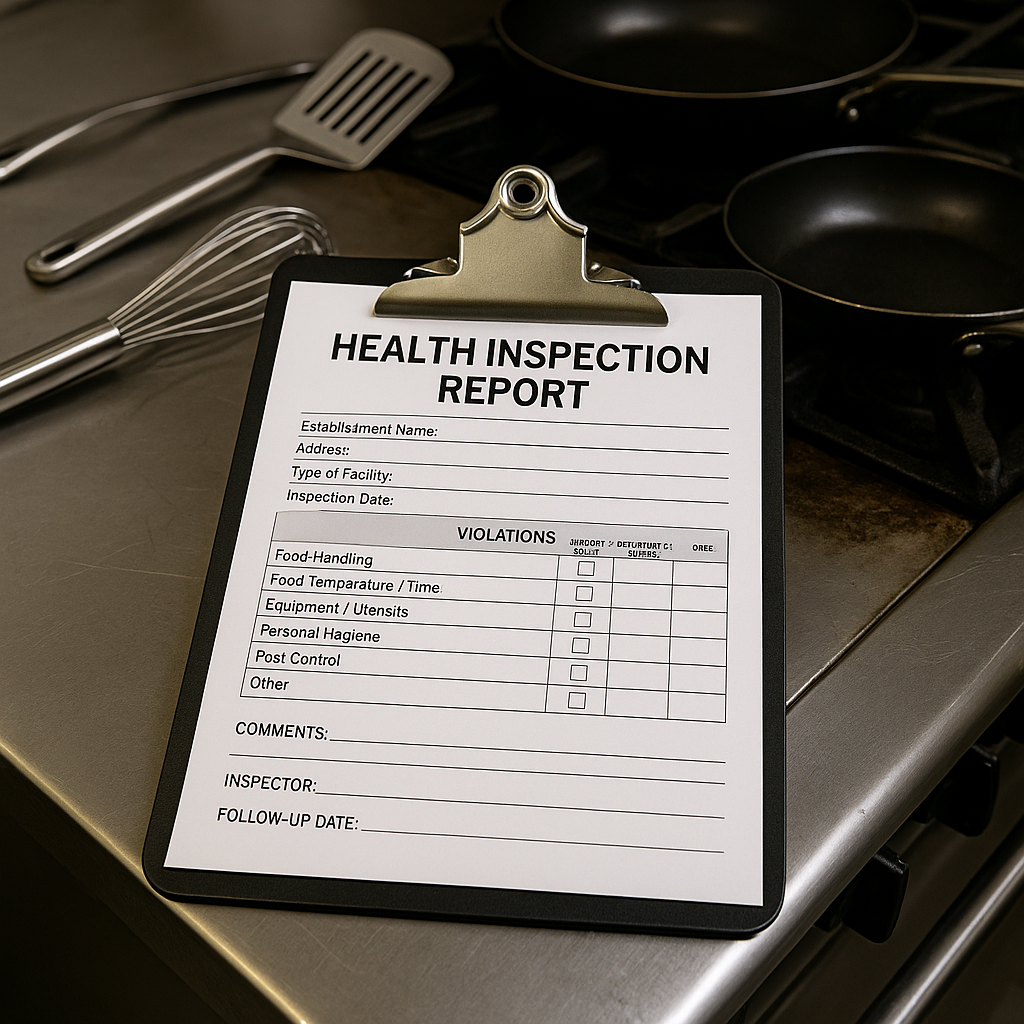Skilled Nursing Can Reduce Hospital Visits
Published 5:44 pm Thursday, October 15, 2020
Sponsored by Oxford Health and Rehab
By Carrie Stambaugh
Avoiding visits to the emergency department can save money, preserve health care resources and result in better long-term outcomes for residents of nursing homes and rehabilitation centers.
Oxford Health and Rehab is focused on doing just that, according to Joe Stephens, interim administrator. The 180-bed facility has a range of staff that focuses on ensuring patients get the highest quality care available in order to prevent hospitalizations and emergency department (ED) visits, and ensure patients stay healthy or on their path to recovery. The facility has both long-term nursing home patients as well as patients who are there short term to receive care and rehabilitation for an injury or illness.
“Anytime that someone reaches the level of need for emergency services, there is typically trauma involved, whether it is physical or mental. The last thing we want to add is significant trauma to the daily lives of the residents,” said Stephens. “Anything we can do to prevent that is our goal. We want to make sure they eat right, get movement, and the medications they need to healthy, remain healthy.”
Oxford Health and Rehab employs an alphabet soup of skilled nursing staff and skilled resident care providers including nurse partitioners, licensed practical nurses, registered nurses, certified nursing assistants. It also has a contracted staff in speech, physical and occupational therapy.
Among its highest trained and vital staff is a full-time nurse practitioner with a specialty in wound care, said Stephens. That particular staffer is critical to the facility’s ability to accept and provide the high level of specialized care patients with significant wounds need, without having to leave the facility.
The Centers for Diseases Control and Prevention (CDC) has suggested through analyzing findings of extensive research literature on the hospitalization of nursing home residents that often these visits can be prevented with better levels of highly trained nursing staff. In 2010 CDC reported that in nationwide in 2004, 123,600 individuals representing 8 percent of nursing home residents, had an ED visit in the prior 90 days and that 40 percent of those visits were preventable. Preventable visits resulted from falls, heart conditions, pneumonia, mental status changes, urinary tract infections, gastrointestinal bleeding, fever, metabolic disturbances and skin diseases.
“We have a very high level of care and attention that is available to our residents every day,” said Stephens noting a nurse’s aid or nurse assistant is often the front-line worker most in contact who may notice a change in behavior or a new symptom. “We are able to be proactive in the attention that they need, and upon first notice of a decline, or issue that may be developing with them, we have the physicians and nurse practitioners that are available to meet their needs on a real time basis,” he added.
Sometimes ED visits and hospitalizations are unavoidable, when it happens Oxford Health and Rehab takes steps to ensure it remains in communications with other care providers to ensure that continuity of care. “We are proactive in communications with hospitals as well,” said Stephens, “With our connected interface we are able to access their records, and they have access to our records. We can know more about their situation, in a more comprehensive way, so we can get the residents back here quicker,” he explained adding, “They also give us input as to how we can better improve and address the issues a resident may have so we work together to utilize their expertise to understand what may be the cause of the issues. By doing that we can identify areas we can address before they become problems.”
“By us being proactive and quick to identify decline or issues that a resident might have, certainly will reduce the economic impact that would otherwise be substantial in many cases,” said Stephens.

He noted prevention is especially important now during the Covid-19 pandemic when facilities want to avoid any unnecessary ED visits that could place further strain on the hospital system or expose staff and patients to the virus. “Staying in contact with hospitals and facilities enables us to work with residents and prevent them from going to ED unnecessarily because of symptoms that may not be Covid related. There are certain lab tests or symptoms that assist the physicians indicating it wasn’t Covid so we could keep them here a day or two while we see if the illness progresses,” Stephens said.
Oxford Health and Rehab is continuing to take all steps to protect its residents and staff from the novel coronavirus and has been proactive from the get-go, said Stephens.
“Our owners were very proactive about infection control aspects of the environment and the activities of the employees, far in advance of the state and federal government requirements about hygiene and visitation in such in the facilities,” he said, noting now that influenza season is coming the facility will continue its vigilance to protect its residents by ensuring their environment is safe.






